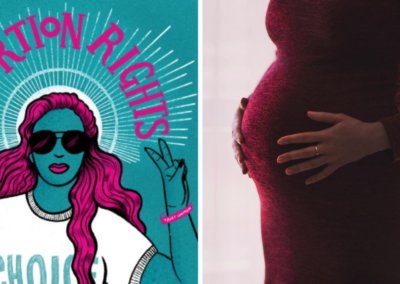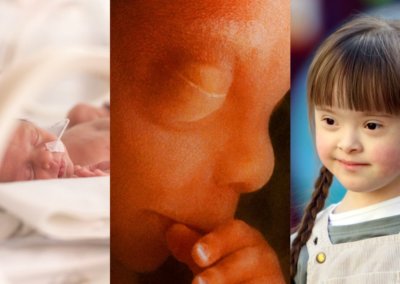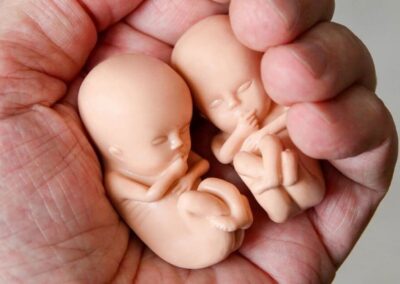An inquest into the death of a 31-year-old woman has found that she died of “sepsis following termination of pregnancy”.
The mother of five, Sarah Dunn, died on 11 April 2020 following an abortion in Blackpool. The post-mortem found the cause of death was “Group A streptococcus sepsis following termination of pregnancy”.
Dunn had a medical abortion at seven weeks gestation. In the week following her abortion, Dunn experienced heavy vaginal bleeding, nausea, sweating and pain. She went to her GP 8 days after the abortion, but the infection was not detected, despite the fact that, according to the family’s lawyers, these were clear indicators of infection.
Her symptoms progressively worsened until she was rushed to Blackpool Victoria Hospital on 10 April, where she suffered a seizure, then multiple organ failure and died in intensive care.
The details of the inquest are not yet available.
The British Pregnancy Advisory Service (BPAS) is the largest abortion provider in Britain. On their website, they state that in 2% of cases of medical abortions, there are “retained products of conception”. This means that an abortion was not complete so that the contents of the uterus, sometimes including parts of the unborn baby, were not completely removed during the abortion. This in turn can lead to infection.
Complications arising from DIY abortions
‘DIY’ home abortion, where there is no requirement for the woman undergoing the abortion to have a face-to-face consultation with a medical professional, have been available in the UK since March 2020.
A number of politicians have been outspoken about the danger it poses to women. In particular, last year, Baroness (Philippa) Stroud commented: “It is difficult to quantify the number of complications that have arisen from these pills, such as incomplete abortion and continued bleeding, due to insufficient data collection of patients receiving the pills, but Freedom of Information (FOI) requests have revealed the aftermath from the pills-by-post process to include sepsis, hemorrhaging, embolisms, renal failure and trauma to pelvic organs, among other medical complications”.
The limit for ‘DIY’ home abortion is supposed to be 10 weeks gestation. As abortion provider, BPAS, states, one week’s difference, from less than 9 weeks gestation to a 9-10 week gestational age more than doubles the risk of an incomplete abortion from 3% to 7%.
Baroness Stroud highlighted that “there are at least 52 cases officially reported to the Department of Health and Social Care of women who were provided pills-by-post beyond 10 weeks gestation, including one case where the unborn child was at 28 weeks gestation (beyond the legal limit)”.
A leaked email from a Regional Chief Midwife at NHS England and NHS Improvement concerning the “escalating risks” around ‘DIY’ home abortion revealed that one woman was able to receive abortion pills at 32 weeks pregnant and mentions “3 police investigations […] linked to these incidents”, one of which is a murder investigation “as there is a concern that the baby was live born” after a woman used the ‘DIY’ home abortion service.
Right To Life UK spokesperson, Catherine Robinson, said: “Sarah Dunn’s death is a tragedy. Her life mattered. The life of every woman who suffers an abortion-related death matters. So, too, do the lives of the unborn babies whose lives are ended by abortion”.












